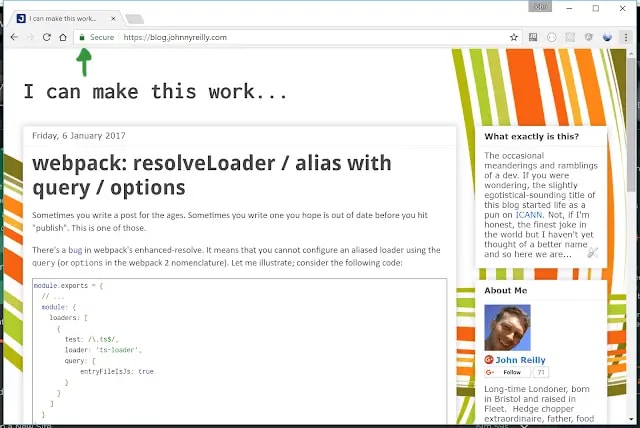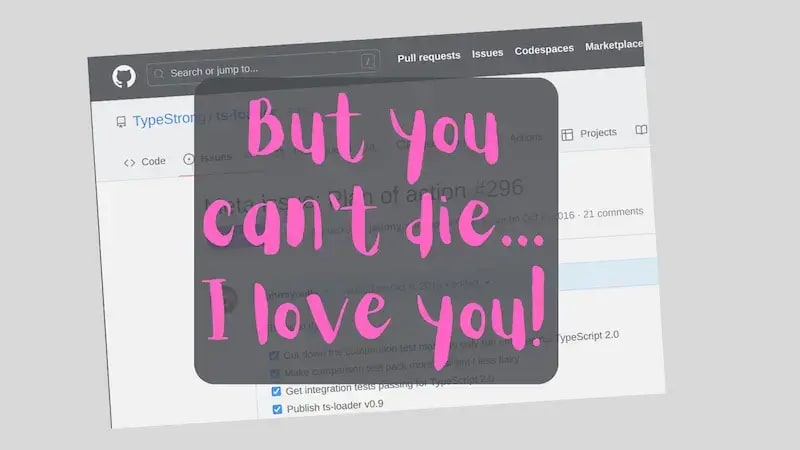Updated 18/06/2017
Whilst things did improve by fiddling with Windows Defender it wasn't a 100% fix which makes me wary. Interestingly, VS Code was always open when I did experience the issue and I haven't experienced it when it's been closed. So it may be the cause. I've opened an issue for this against the VS Code repo - it sounds like other people may be affected as I was. Perhaps this is VS Code and not Windows Defender. Watch that space...
Updated 12/07/2017
The issue was VS Code. The bug has now been fixed and shipped last night with VS Code 1.14.0. Yay!


